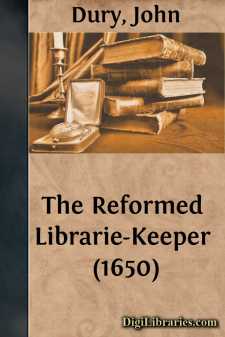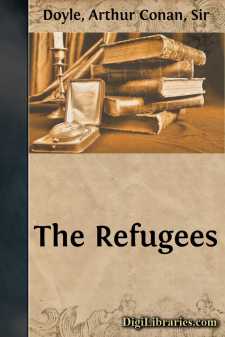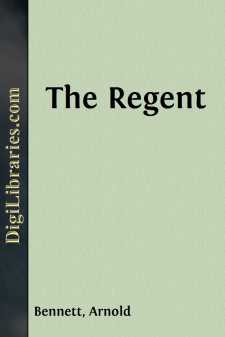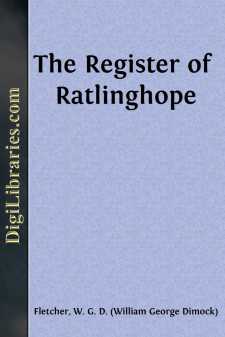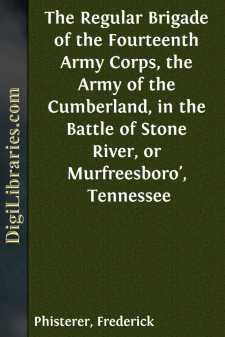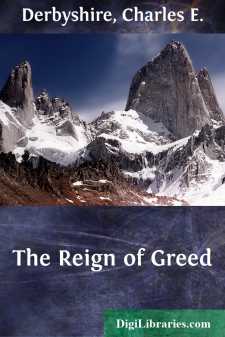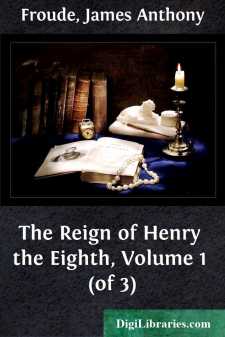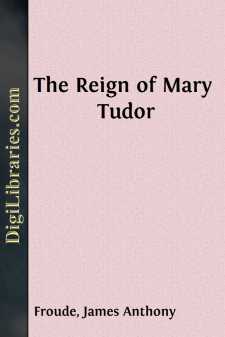Categories
- Antiques & Collectibles 13
- Architecture 36
- Art 48
- Bibles 22
- Biography & Autobiography 813
- Body, Mind & Spirit 142
- Business & Economics 28
- Children's Books 15
- Children's Fiction 12
- Computers 4
- Cooking 94
- Crafts & Hobbies 4
- Drama 346
- Education 46
- Family & Relationships 57
- Fiction 11827
- Games 19
- Gardening 17
- Health & Fitness 34
- History 1377
- House & Home 1
- Humor 147
- Juvenile Fiction 1873
- Juvenile Nonfiction 202
- Language Arts & Disciplines 88
- Law 16
- Literary Collections 686
- Literary Criticism 179
- Mathematics 13
- Medical 41
- Music 40
- Nature 179
- Non-Classifiable 1768
- Performing Arts 7
- Periodicals 1453
- Philosophy 64
- Photography 2
- Poetry 896
- Political Science 203
- Psychology 42
- Reference 154
- Religion 513
- Science 126
- Self-Help 84
- Social Science 81
- Sports & Recreation 34
- Study Aids 3
- Technology & Engineering 59
- Transportation 23
- Travel 463
- True Crime 29
Sort by:
by:
John Dury
INTRODUCTION This work, with its quaint sentiments and its grim picture of what librarians were like in the mid-seventeenth century, is more than a curiosity. John Dury was a very important figure in the Puritan Revolution, offering proposal after proposal to prepare England for its role in the millennium. The Reformed Librarie-Keeper is an integral part of that preparation. To appreciate it one must...
more...
CHAPTER I. THE MAN FROM AMERICA. It was the sort of window which was common in Paris about the end of the seventeenth century. It was high, mullioned, with a broad transom across the centre, and above the middle of the transom a tiny coat of arms—three caltrops gules upon a field argent—let into the diamond-paned glass. Outside there projected a stout iron rod, from which hung a gilded miniature of...
more...
by:
Arnold Bennett
CHAPTER I DOG-BITE I "And yet," Edward Henry Machin reflected as at six minutes to six he approached his own dwelling at the top of Bleakridge, "and yet—I don't feel so jolly after all!" The first two words of this disturbing meditation had reference to the fact that, by telephoning twice to his stockbrokers at Manchester, he had just made the sum of three hundred and forty-one...
more...
The Register of Ratlinghope. Ratlinghope is a parish situate on the road from Shrewsbury to Bishop’s Castle, four miles west from Church Stretton and twelve miles south from Shrewsbury, in the hundred of Purslow, rural deanery of Bishop’s Castle, archdeaconry of Ludlow, and diocese of Hereford. The township of Gatten is in Ford hundred. Its area is 5,456 acres, of which 3,756 are arable and...
more...
When General Rosecrans took command of the Army of the Ohio there were in that army five battalions of regular infantry in two different divisions; when he reorganized this army he determined to bring these battalions together, to give them a regular battery, and form of them a Regular Brigade. The 15th, 16th and 19th were already at Nashville; the orders organizing the brigade found the two battalions...
more...
by:
Allen Johnson
CHAPTER I JACKSON THE FRONTIERSMAN Among the thousands of stout-hearted British subjects who decided to try their fortune in the Western World after the signing of the Peace of Paris in 1763 was one Andrew Jackson, a Scotch-Irish Presbyterian of the tenant class, sprung from a family long resident in or near the quaint town of Carrickfergus, on the northern coast of Ireland, close by the newer and more...
more...
On the Upper DeckSic itur ad astra.One morning in December the steamer Tabo was laboriously ascending the tortuous course of the Pasig, carrying a large crowd of passengers toward the province of La Laguna. She was a heavily built steamer, almost round, like the tabú from which she derived her name, quite dirty in spite of her pretensions to whiteness, majestic and grave from her leisurely motion....
more...
INTRODUCTION James Anthony Froude was born at Dartington Rectory, the youngest son of the Archdeacon of Totnes, on April 23, 1818. His father was a clergyman of the old school, as much squire as parson. In the concluding chapter to his History of England, Froude wrote that "for a hundred and forty years after the Revolution of 1688, the Church of England was able to fulfil with moderate success the...
more...
by:
James Lane Allen
HEMP The Anglo-Saxon farmers had scarce conquered foothold, stronghold, freehold in the Western wilderness before they became sowers of hemp—with remembrance of Virginia, with remembrance of dear ancestral Britain. Away back in the days when they lived with wife, child, flock in frontier wooden fortresses and hardly ventured forth for water, salt, game, tillage—in the very summer of that wild...
more...
INTRODUCTION. The memory of no English sovereign has been so execrated as that of Mary Tudor. For generations after her death her name, with its horrid epithet clinging round it like the shirt of Nessus, was a bugbear in thousands of Protestant homes. It is true that nearly 300 persons were burnt at the stake in her short reign. But she herself was more inclined to mercy than almost any of her...
more...


